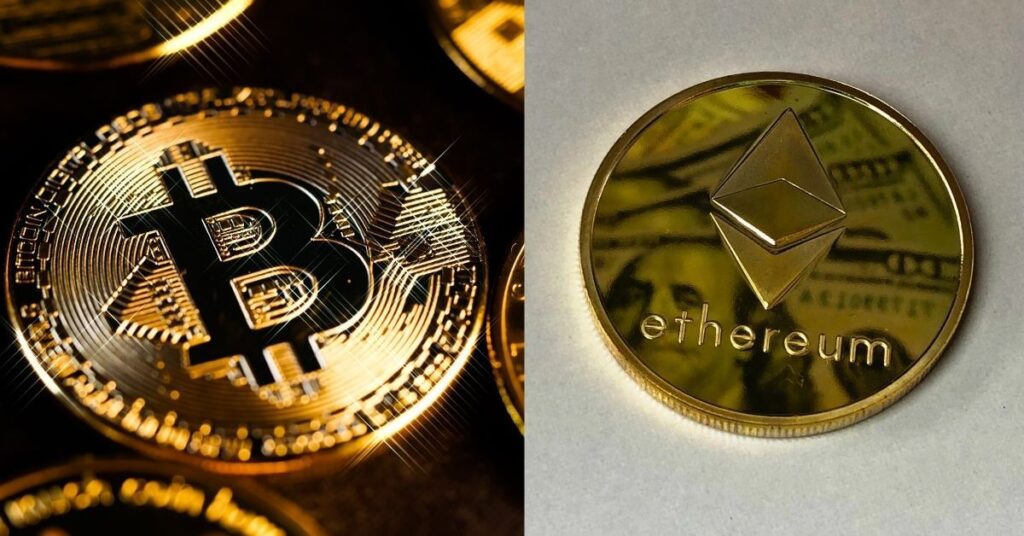Since its introduction in 2009, Bitcoin has developed into a fully functional digital currency that is widely accepted. But as hundreds of millions of dollars began to flow into cryptocurrencies, major players all over the world started to impose their own regulations. These regulations aim to keep track of any cryptocurrency ownership and transactions. No wonder that regular users have started exploring ways to anonymise their crypto transactions through various Bitcoin mixing services.
The subject of whether these cryptocurrency mixing services are legal or not arises from the context of the FATF’s AMLD5, KYC, and other regulations as well as from the recent blocking of the well-known Tornado cash mixer.
Is Bitcoin mixer a legal service or not? Let’s dive into this hotly debated topic.
The relative anonymity—or, to be more exact, pseudonymity—of Bitcoin is one of its benefits. Even while Bitcoin is not completely anonymous, nobody will ever know the value of funds in your wallet, what you used your coins for, or how you acquired them unless your wallet ID is exposed (linked to you).
The blockchain, the open ledger used by Bitcoin, is one of the most important technological advances in recent history. Every Bitcoin transaction is recorded cryptographically and made publicly available so that anybody can see how many Bitcoins have been transferred from one wallet to another.
Unfortunately, one of the drawbacks of Bitcoin’s (and Ethereum’s) blockchain is that it is visible. If your wallet was ever linked to any service complying with KYC or AML rules and regulations, all your future and past transactions won’t be pseudonymous anymore. Anyone who knows your Bitcoin wallet address can see the amount of Bitcoins you receive or send from your wallet.
A more complex blockchain analysis can also be used to determine the origin of your bitcoins. Numerous blockchain analytics tools, like Elliptic or CipherTrace, are dedicated to monitoring the blockchain and identifying illicit activities. The U.S. government alone spent more than $5 million in 2019 on chainalysis, and this sum is still rising.
Bitcoin regulations
Table of Contents
AMLD5 and legal Bitcoin regulations require even more strict steps to be taken. The adoption of the Fifth Anti-Money Laundering Directive, often known as AMLD5 (adopted by all E.U. member states on January 1, 2020), is the first significant step toward cryptocurrency regulations in Europe.
Its objective is to stop the cryptocurrency financial system from being used to finance terrorism or money laundering. Governments want to know your entire financial history across all of your bank accounts, safe-deposit boxes, and virtual currencies.
Your government demands complete financial openness from you—despite the possibility that this transparency would violate your privacy rights. Naturally, they don’t want you to take privacy protection too seriously, and that includes utilizing privacy coins or Bitcoin mixers to mask your Bitcoin transactions.
The AMLD5 is only applicable to EU member states. However, 39 Financial Action Task Force members are subject to a different guideline known as the “Travel” rule (or short, FATF).
The “Travel” rule and FATF
The FATF also addresses crypto-to-crypto exchanges, while the AMLD5 only covers transfers from FIAT to cryptocurrency and vice versa. These guidelines by the FATF suggest extending the same data-sharing rules from the conventional (banking) industry to cryptocurrencies as well. The so-called “Travel” rule forces providers of crypto asset services to share their clients’ data.
Without a doubt, the “Travel” regulation will eventually cause problems for privacy advocates, providers of anonymous tools and services, and privacy-focused cryptocurrencies.
Is it legal to mix Bitcoins?
In light of the above, authorities do not want you to utilize any software or services that enable you to conceal the details of your Bitcoin transactions.
Bestmixer.io, a well-known Bitcoin mixing service, and six other services from Luxembourg and the Netherlands were confiscated by Europol in 2019. According to Europol, the majority of the Bitcoins moving via such mixers had illicit motivations.
Many accounts were temporarily blocked by Binance, one of the biggest cryptocurrency exchanges. Reason? These users broke Binance’s anti-money-laundering (AML) laws by transferring their bitcoins to the Bitcoin mixing Wassabi wallet.
Furthermore, last week, US officials terminated all Github accounts that had contributed to the Tornado cash mixing application and blocked the decentralized Bitcoin mixer Tornado.
Even if Bitcoin mixing isn’t explicitly illegal, the authorities surely do not want it. It’s also obvious from the statement of the latest conference hosted by Europol, Interpol, and the Basel Institute on Governance in Qatar: “Services such as digital currency mixers/tumblers are exclusively designed to anonymize Bitcoin transactions and make it difficult for law enforcement to identify and track suspicious transactions.” These services shouldn’t be tolerated. “
Do Bitcoin mixers cover up illicit behavior?
The way Bitcoin mixers operate leads one to believe that they are tools used only by criminals to hide their illegal income. But this could be far from reality.
According to the eLipstic analysis, only 16% of the funds that traveled via Bitcoin mixers came from illicit sources. The other 84% of users decided to use Bitcoin mixing to boost anonymity.
Those who value their assets, freedom, and privacy should consider enhancing their Bitcoin privacy, including:
- businesses that want to keep their significant cryptocurrency transactions hidden from rivals;
- citizens who don’t want anyone to know about their crypto holdings, especially in nations where criminal gang kidnapping is a common practice;
- investigative journalists, bloggers, and influencers whose job is to protect their sources;
- or LGBT people who wish to purchase pornography, particularly in nations where being homosexual is illegal.
Conclusion:
There are several benefits of using a Bitcoin mixer. However, the majority of Bitcoin mixer users do so in order to maintain their anonymity. Only a small portion of mixing transactions are carried out by criminals. The majority of the contemporary globe is working to make Bitcoin mixing services illegal. Therefore, it is your entire responsibility to comply with all applicable rules and regulations in your country before using a Bitcoin mixing service.




